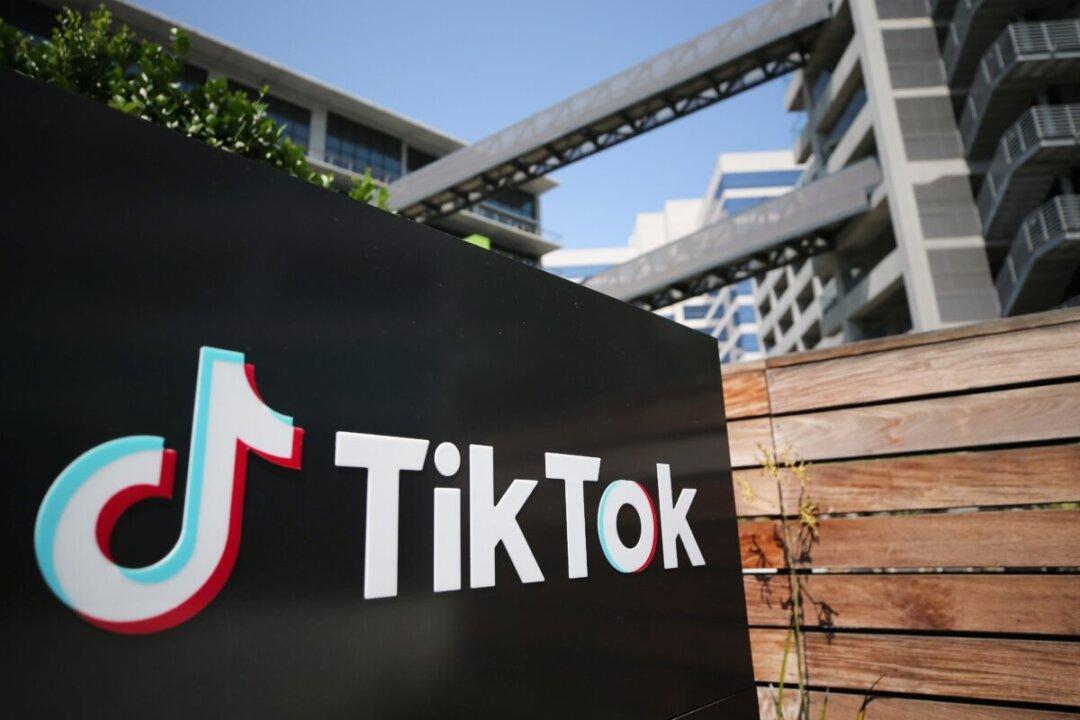Bipartisan legislation to ban social media giant Tiktok from the United States is gaining momentum in Congress following the incursion of a Chinese spy balloon into U.S. airspace.
Sen. Marco Rubio (R-Fla.), who originally introduced the legislation in December, said that it was vital the United States work quickly to prevent the Chinese Communist Party (CCP) from stealing more Americans’ data and further undermining U.S. national security.




